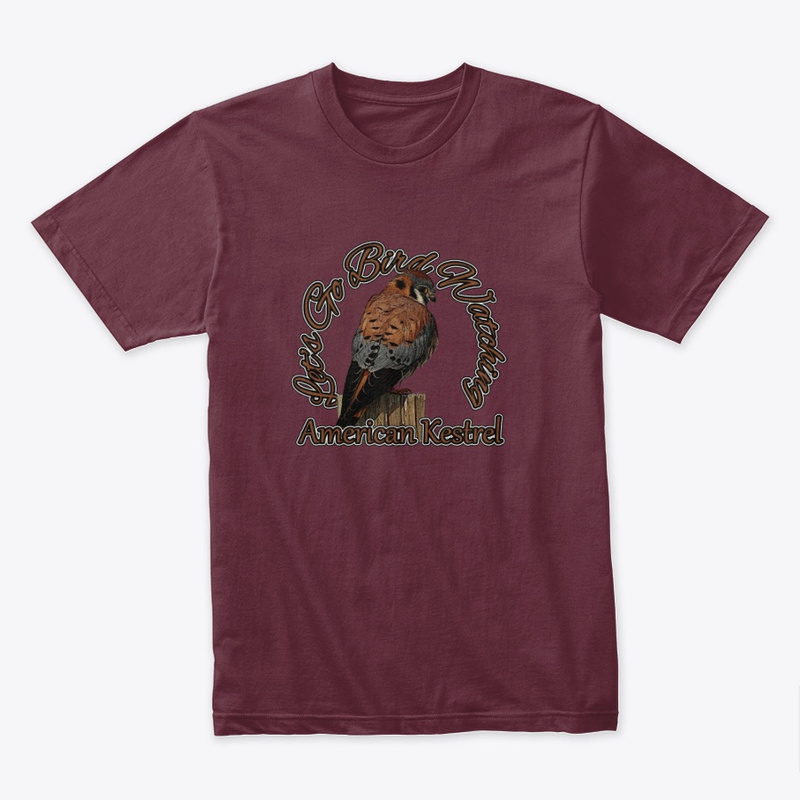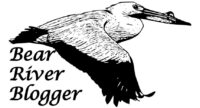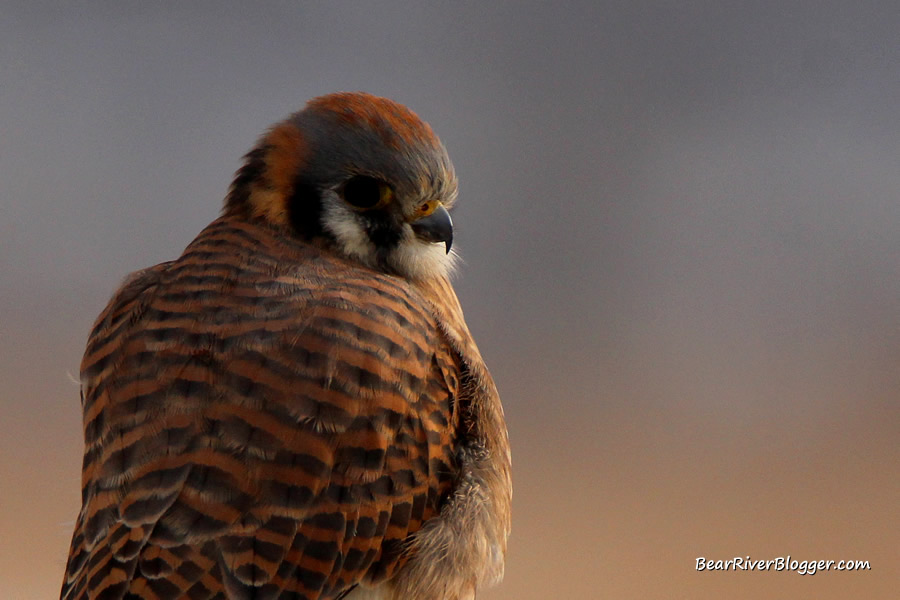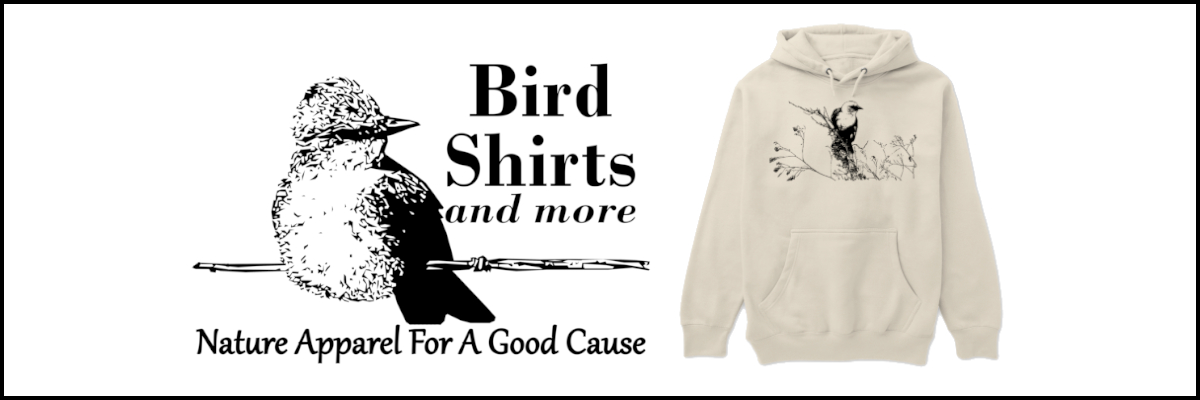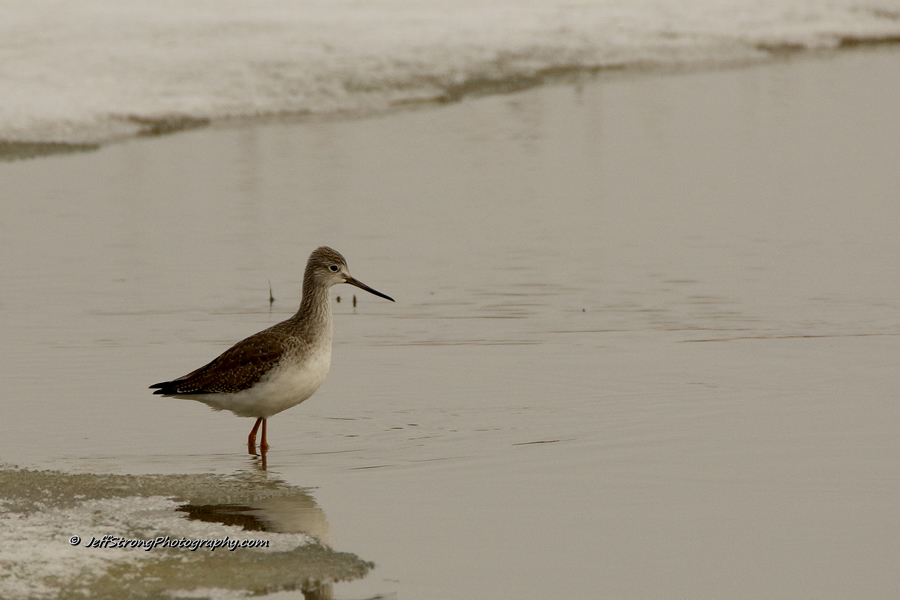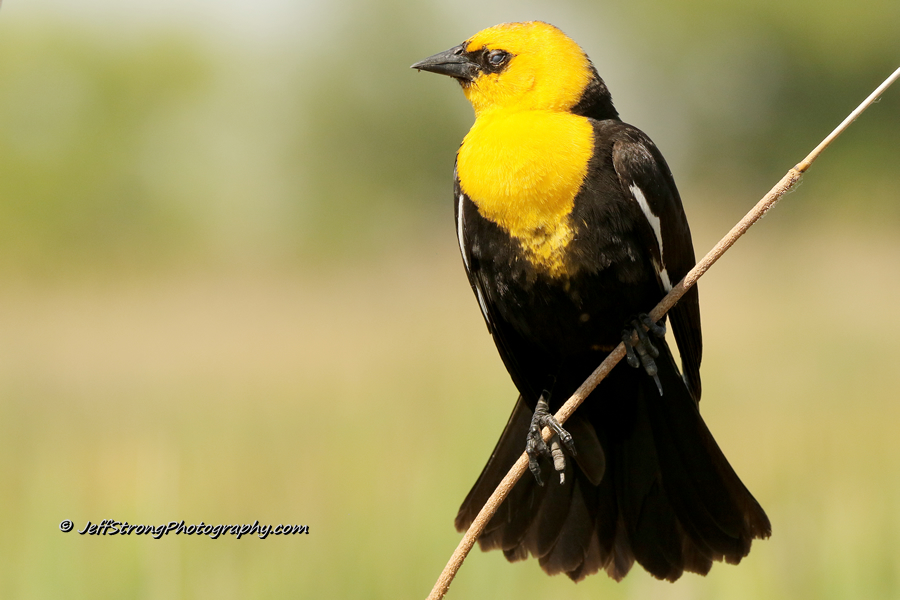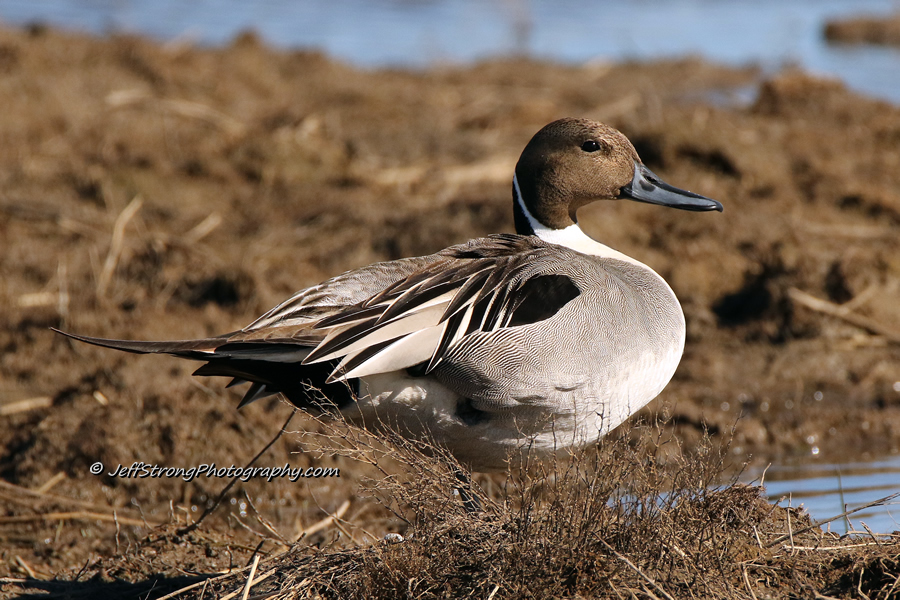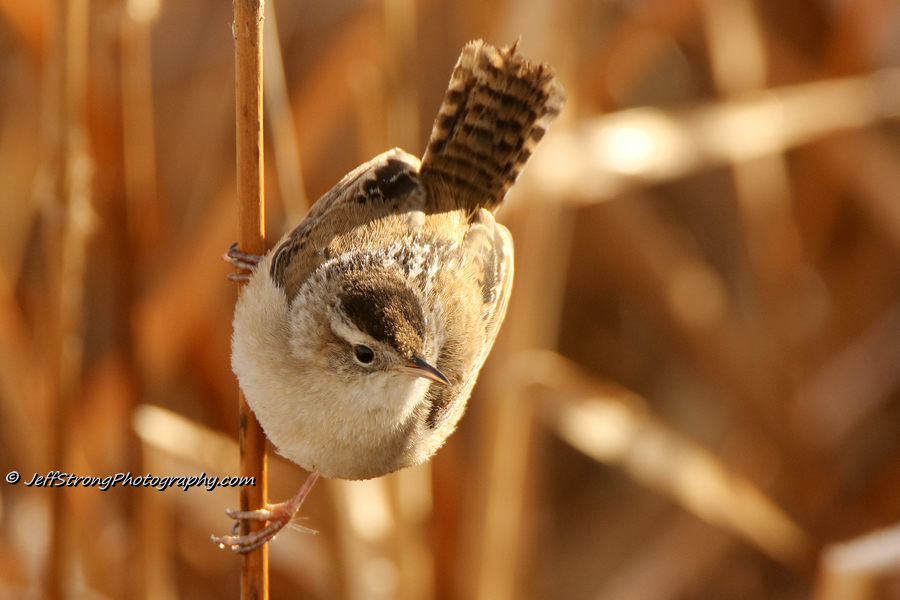I have some great news regarding an earlier blog post where I proposed American kestrel nesting boxes should be installed on parts of the Bear River Migratory Bird Refuge, namely along Forest Street where little to no such nesting opportunities currently exist for kestrels.
Recently, Karleen Vollherbst, visitor services manager for the refuge, reached out to me via email and mentioned the kestrel box project is, in fact, moving forward.
And if all goes well, hopefully in a month work will commence on installing the American kestrel boxes at a few different locations on the Bear River Migratory Bird refuge.
As it turns out and similar to the recent heron rookery restoration project at Farmington Bay, a local boy scout is currently working on the kestrel boxes for his eagle scout project.
It is hoped the nest boxes can be finished and installed by the end of January 2023 and ready for the upcoming nesting season.
The exact locations of the kestrel boxes are not known just yet but to help facilitate visitor observations, one kestrel box is planned to be installed somewhere around the Bear River Migratory Bird Refuge Wildlife Education Center.
Another one of the kestrel boxes is planned to be installed somewhere around the Yates refuge property, the paved parking lot on the north side of Forest Street about a mile or so west of the visitors center.
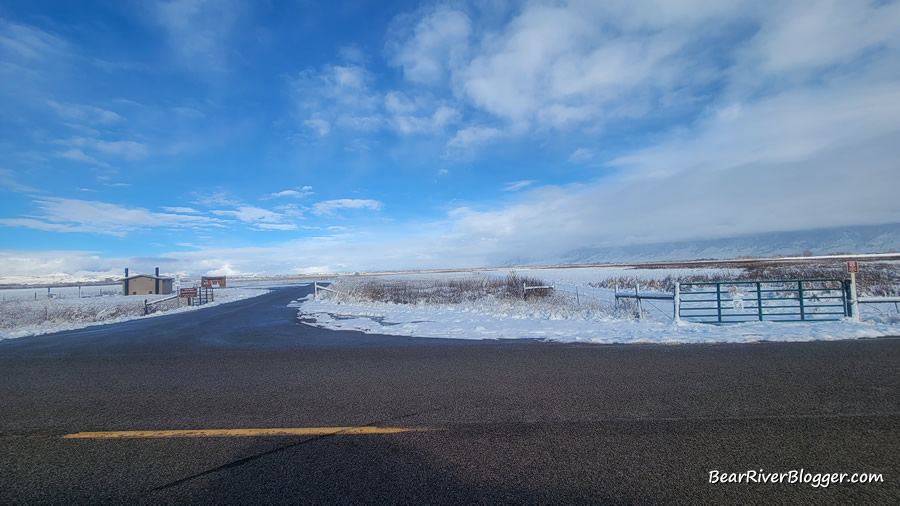
I am hoping wherever the American kestrel nesting boxes are installed, they can be done so that each particular nesting box is somewhat near a parking lot for observation and photography from inside a vehicle but far enough away so as to not disturb the nesting kestrels.
The reason I mention this is observing and photographing birds is far more productive and a lot less intrusive from a vehicle than it is on foot.
And placing the kestrel boxes where they are naturally and easily observed from a parked vehicle would hopefully keep people from wanting to walk up and get closer to the nests.
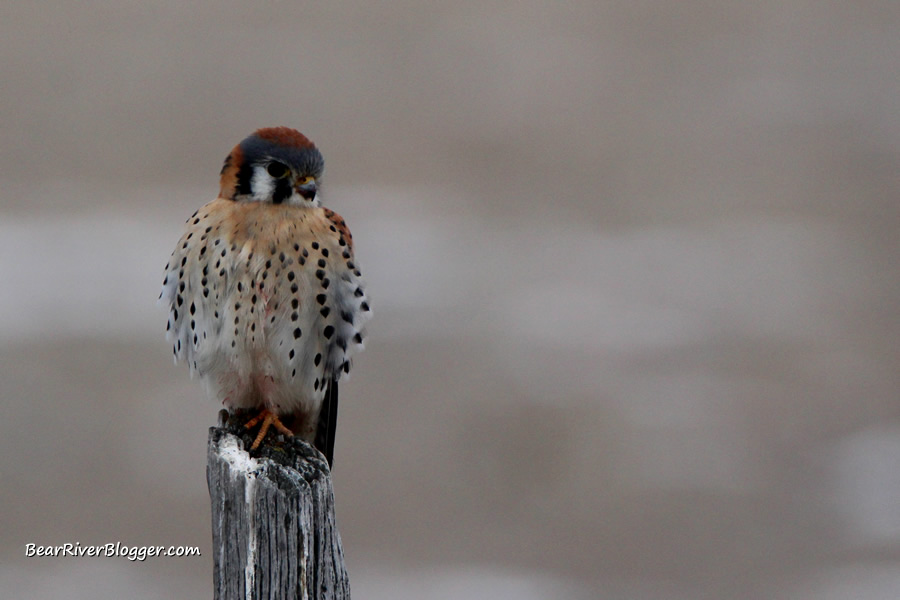
Arguably, the downside to providing and encouraging public wildlife viewing and interaction is that one particular person who always has to get a little bit closer than the rest, typically either to view or to photograph a nesting bird, and thus disregards signs, fences, and just good old fashioned bird watching ethics.
I have seen this problem several times out on Antelope Island when people approach active burrowing owl nests trying to get closer to the owls.
So this type of unruly behavior is always a concern when providing public viewing opportunities for wildlife but this is where education about wildlife viewing ethics and maybe even more of a presence by law enforcement can help keep the problem at bay on the refuge.
And from what I’ve seen while bird-watching the great blue heron rookery at Farmington Bay where the nests are literally a stone’s throw away from the visitors center and viewing and photographing can easily be done from the parking lot, actual close-up nest disturbances have happened on occasion but seem to be very few and far between.
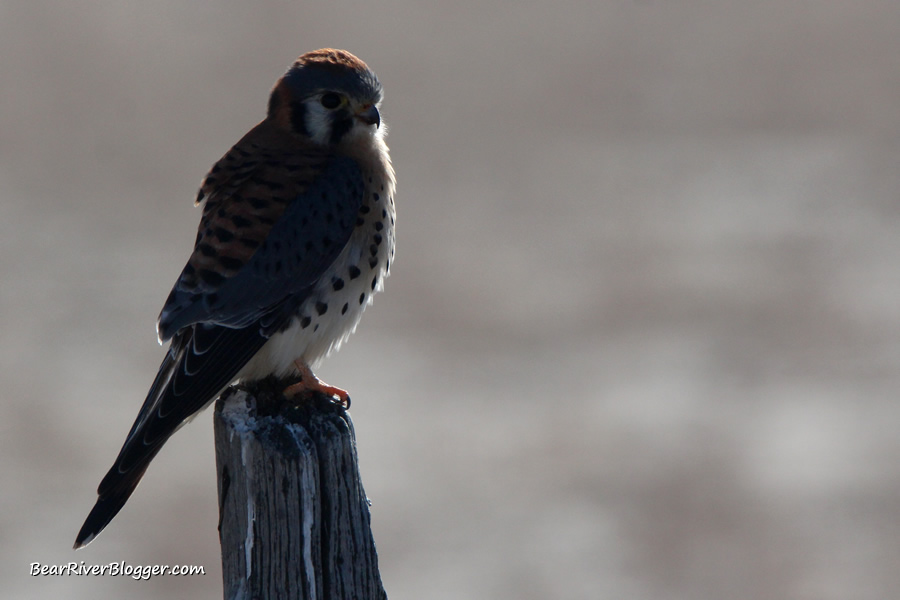
Personally, I don’t think a few “bad apples” should be the cause for wildlife managers to curtail or not even provide wildlife viewing and photography opportunities for the vast majority of us I feel do indeed follow the rules.
Wildlife is a public resource and the public, meaning you and me, should most definitely be granted opportunities to safely view and enjoy what we are paying for and own as the public.
And as such, I am excited the Bear River Migratory Bird Refuge is taking on my previous blog post suggestion and installing a few American kestrel boxes on refuge property where visitor observations and photography can be had.
I am a huge proponent of wildlife viewing and educational opportunities, especially at the Bear River Migratory Bird Refuge.
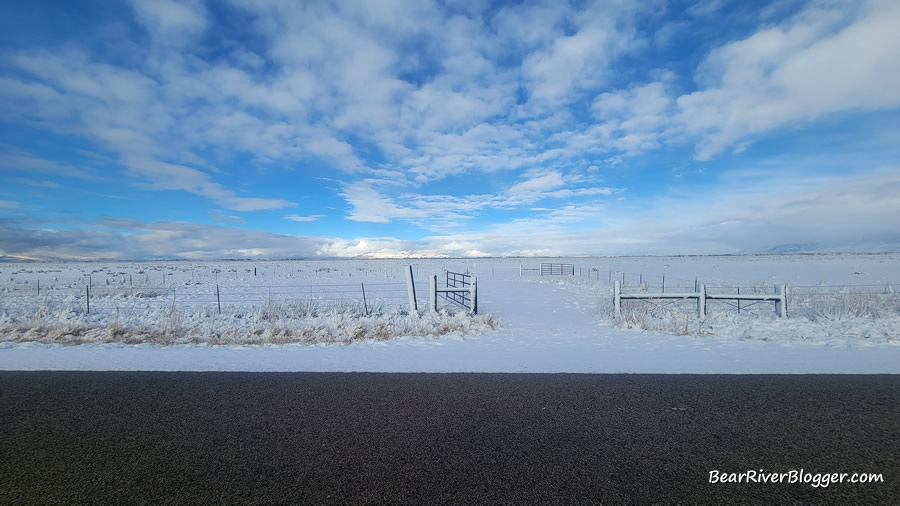
And being a supporter of more wildlife viewing opportunities on the refuge, it is my hope at least one of these kestrel boxes could and will be installed on a lower part of Forest Street where it can offer yet another opportunity for bird watching and photography, but in a location where kestrels are commonly observed during winter but not yet currently found during the summer due to the lack of adequate nesting sites.
There are several great locations on the lower portion of Forest Street where kestrel boxes could be installed and places for bird watchers to safely park and watch these interesting falcons during the breeding season.
One such location could be the small parking dirt parking lot on the north side of the road that is currently only open during hunting season.
Being it is completely fenced and located off the main road, it would be a great location for an American kestrel box to be located if, however, the parking lot could be opened and utilized by birders and photographers this time of year.
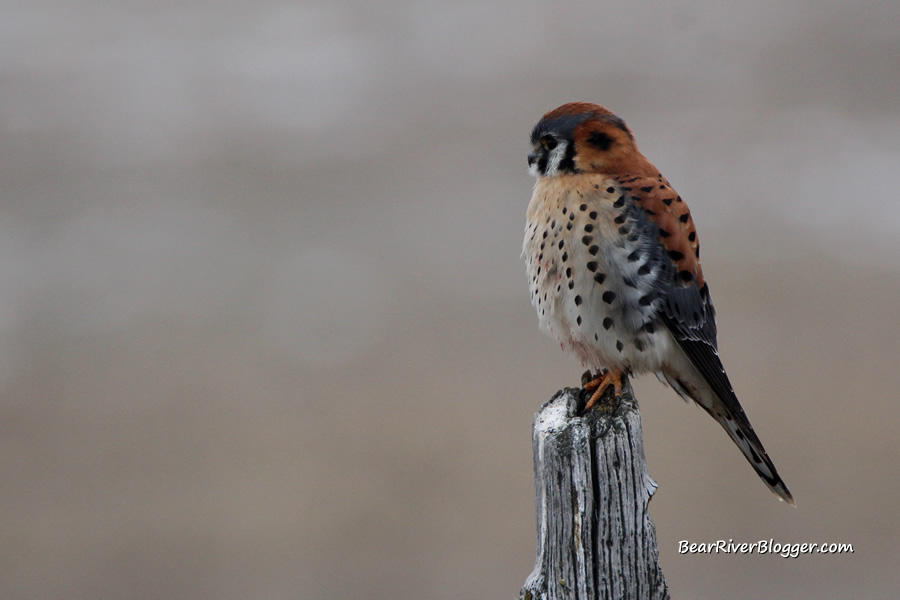
American kestrels nest in tree cavities and in man-made structures like kestrel boxes.
And with no such nesting opportunities currently existing on the lower and middle portion of Forest Street, a kestrel box or two on this more barren portion of the refuge could hopefully attract and keep kestrels around for the summer breeding season.
Each and every kestrel box on the Bear River Migratory Bird Refuge could be a much-needed help to a reported drop in the American kestrel population whereas some reports indicate the kestrel population has declined 50% over the past 5 decades or so.
This kestrel box project could also give researchers from HawkWatch International another opportunity to monitor these nests and hopefully band more kestrels each year, helping add to their research on American kestrel local movements and migration routes.
All in all, I am excited to see this program come to fruition and hope it adds to not only the bird-watching opportunities at the Bear River Migratory Bird Refuge but also to the efforts of helping reverse the decline of the American kestrel population.
I’ll post more about the kestrel box project when the nesting boxes are being erected on the refuge.
We also want to remind all of you who are interested in nature photography about our upcoming free outdoor photography classes coming in January, February, and March of 2023 at the Bear River Migratory Bird Refuge.
If you are an avid bird watcher and want to learn more about birding on the Bear River Migratory Bird Refuge, I offer you to head on over to our subscribe page and sign up for email notifications for future blog posts.
We also have a small but growing YouTube channel you can also sign up for and follow us where we post updates about what’s currently happening on the Bear River Migratory Bird Refuge auto tour route, as well as other places we visit with our camera.
Let’s Go Bird Watching – American Kestrel T-shirts And Hoodies
Show off your love for bird watching and the American kestrel as well as support our website and YouTube channel with this unique line of “Let’s Go Bird Watching” American Kestrel t-shirts, currently available in both t-shirts and hooded sweatshirts in a variety of sizes and colors.
